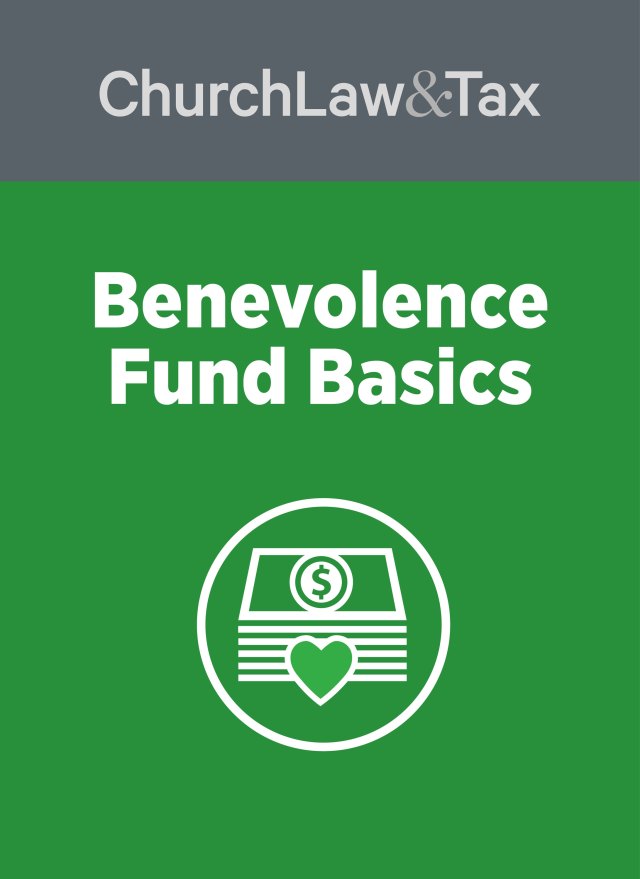Around lunchtime on a Friday, a man entered a Boston-area church and soon left with the church secretary’s purse, according to a local news station. The man claimed he needed money to support his five children. After the secretary went to consult the pastor on how to respond, the man—and also her purse—were gone.
The man also approached another church with the same story. That church gave him a $50 Target gift card.
Fortunately, the police caught the man at a local store using the secretary’s credit card.
Benevolence ministry, like all ministries within a church, presents risk. Property, funds, and employees are at risk when doors are open to the public to request money from the church. Policies and preparation can minimize these risks.
Protect Property
“In the course of dealing with a loss, many churches have admitted they were probably too trusting,” says Peter Kujak, a senior claims adjuster for Brotherhood Mutual Insurance Company. “They didn’t assume there was a risk from those who came through the doors. They realized too late the need to control access to their building and to lock up valuable items.”
A few tips Brotherhood Mutual offers for when outsiders have access to the building:
- Lock the doors of interior offices, classrooms, and supply rooms when not in use.
- Restrict access to unused parts of the building. If you cannot control access otherwise, consider installing collapsible metal gates that bolt to walls, such as those you find in schools.
- Use a safe for petty cash, small valuables, keys, and important documents.
Protect Church Finances
Churches often receive requests for financial assistance, and it’s difficult to assess the truthfulness of each request. To help make the decision easier, church leaders can develop criteria for individuals who may receive assistance and determine how benevolence funds should be disbursed. For church leaders developing a benevolence policy or updating a current one, a sample is included in Benevolence Fund Basics.
Abiding by tax laws for benevolence ministry is also an important way to protect money. For example, in Benevolence Fund Basics, Richard Hammar writes:
Nearly every church has at least one person who is continually in need, or at least continually requests assistance. The IRS grows concerned when the benevolence assistance is regular and continuous. If the person also volunteers at the church, the IRS will likely claim that the payments were wages. If the payment is substantial, the IRS will likely claim that the person is receiving a private benefit, jeopardizing the church’s tax-exempt status.
Protect People
Guarding property is valuable, but so is guarding employees. A year ago, a tragedy shook Arlington, Texas, during a weekday afternoon, according to NBC News. A church pastor was murdered and the church secretary was badly beaten.
“Church administrators who are working alone at the church most often are the victims of robbery,” says James Cobble in Protecting Your Church From Crime and Violence. “Keep doors locked during regular office hours. Install a remote-controlled door lock that the administrator can activate from the church office. An employee should be able to see who is at the door through a window, a peephole, or through video surveillance.”
He also adds:
Create a physical barrier between the reception space used to greet visitors and the administrator. For example, the administrator may be in a locked office that has a sliding window that opens up to the reception area. Or the office may have a counter that separates the administrator from people in the office. Some churches install a ‘Dutch door’ in the administrator’s office. The bottom half of the door remains locked while the top half is open. The administrator should be seated in a location that enables a natural surveillance of who is outside the office, or who is entering the office.
Benevolence ministry is a wonderful opportunity for churches to follow Scripture’s call to love the poor. Even though risks are present, churches can minimize them—and should take steps to do so.





